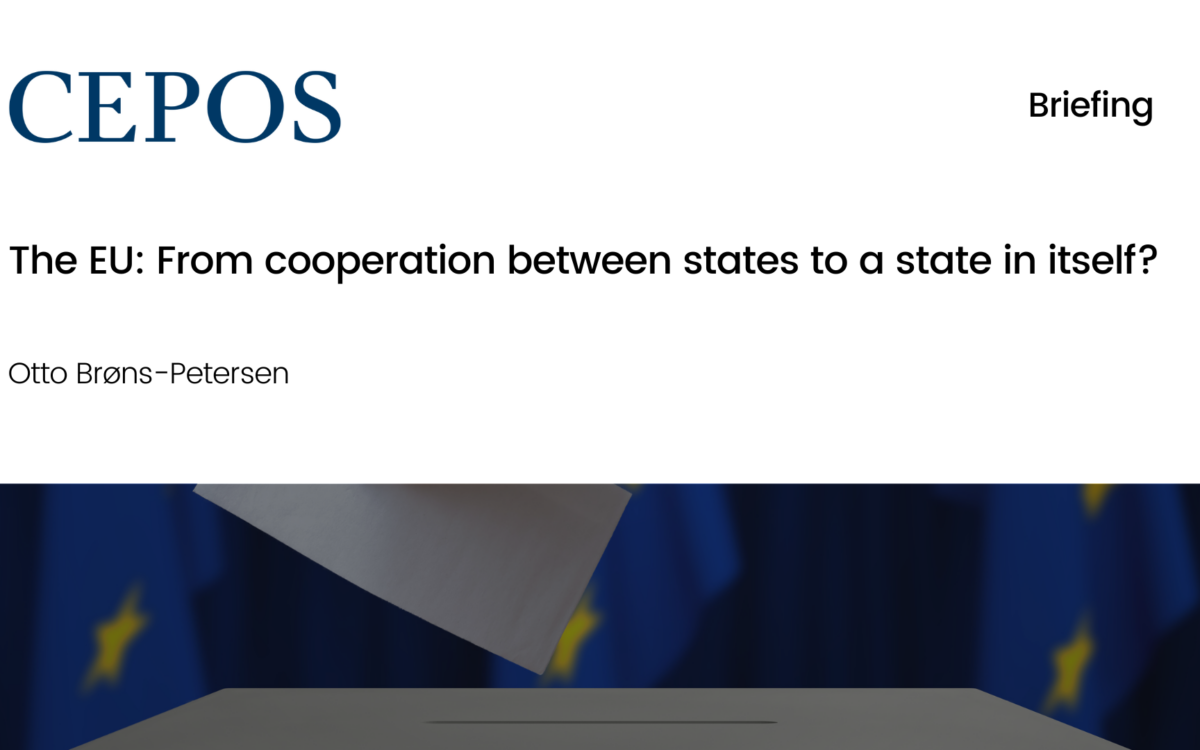Digital Euro: Is a CBDC Really Necessary for Europeans?

Digital Euro: Is a CBDC Really Necessary for Europeans?
Leonardas Marcinkevičius // 23 October 2024
The European Central Bank (ECB) is forging ahead with its Digital Euro project, aiming to introduce a central bank digital currency (CBDC) by October 2025.
As this initiative gains momentum our new analysis assesses its potential benefits and drawbacks for European citizens.
The European Commission has proposed making the digital euro legal tender, requiring merchants to accept it for retail transactions. Financial service providers would be obligated to offer digital euro accounts free of charge, ostensibly to improve payment services and financial inclusion.
However, it is questionable whether the digital euro would significantly enhance financial inclusion, given existing private market solutions. Associated costs and cybersecurity risks, in light of past ECB system breaches, are significant concerns.
The author calls for a comprehensive cost-benefit analysis, transparency regarding launch and maintenance costs, and a clear justification for significant changes to the current financial system. It remains uncertain how the ECB intends to deliver a more attractive, lower-cost service, given that private market actors in the EU already offer inexpensive or free electronic payment systems.
Download or share this publication
View the PDF
EPICENTER publications and contributions from our member think tanks are designed to promote the discussion of economic issues and the role of markets in solving economic and social problems. As with all EPICENTER publications, the views expressed here are those of the author and not EPICENTER or its member think tanks (which have no corporate view).



